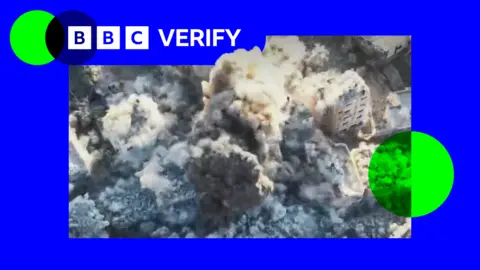Google's earthquake early warning system has come under fire after it failed to notify millions of residents during the devastating earthquake that struck Turkey in February 2023. Despite being capable of delivering timely alerts, the tech giant admitted that only a fraction of the anticipated notifications were sent out, potentially endangering lives.
On the day of the 7.8 magnitude quake, which resulted in the loss of over 55,000 lives and injuries to more than 100,000 individuals, Google's system only issued "Take Action" alerts to 469 users within 98 miles of the epicenter. This high-level alert could have provided a critical warning of up to 35 seconds for individuals to find safety, especially since the earthquake struck at 04:17 when many were asleep. In contrast, Google did send a lesser "Be Aware" alert to about half a million people, which is not as prominently displayed and is meant for "light shaking."
Although Google previously claimed its alert system performed adequately following an internal review, the stark difference between the actual seismic activity and the system's detection capabilities has raised serious concerns. Researchers highlighted that Google's algorithms initially estimated the quake's magnitude at 4.5 to 4.9, a gross underestimation compared to the actual 7.8 magnitude.
In subsequent months, BBC investigations revealed users in the earthquake zone could not recall receiving the critical alerts before the quake, contradicting Google's assurances. Researchers conducting a detailed analysis later adjusted the algorithms, allowing the system to simulate a more accurate scenario, leading to a theoretical 10 million "Take Action" alerts that could have been sent, along with additional "Be Aware" notifications for those living farther away.
Experts in seismology have expressed their discontent regarding the delay in disclosing the system's limitations and its impact on users. Critics argue the trust placed in untested technologies could create a false sense of security among regions that rely on these systems, urging for greater transparency and accountability.
As Google continues to refine the Android Earthquake Alerts system, concerns linger about its role as a supplementary resource rather than a replacement for established national warning mechanisms.





















